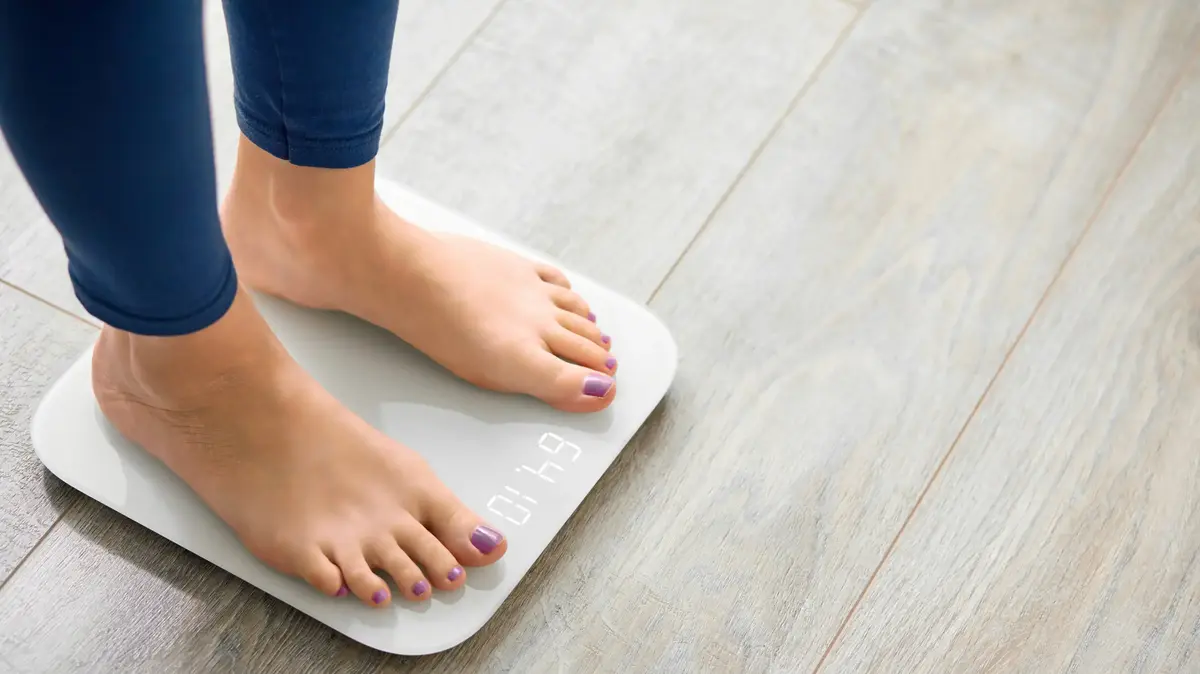- Click to share on Facebook (Opens in a new window)
- Click to share on Twitter (Opens in a new window)
- Click here to share on LinkedIn (Opens in a new window)
- Click to email a friend (Opens in a new window)
Do you consume fat diet drinks? 5 o'clock
(CNN) - In the black hole of bad news for lovers of diet soda, there is a small flash of light.
The darkness began when science showed that drinking diet soda could lead to metabolic syndrome, an unpleasant mixture of higher blood pressure and blood sugars that leads to weight gain and increases the risk of diabetes, heart disease and strokes.
But a new study found that it is when the common artificial sweetener sucralose is combined with a carbohydrate, not just the sweetener, that the body's metabolism changes in a way that can lead to metabolic syndrome.
Theoretically, that means you can enjoy a diet soda sweetened with sucralose without negatively changing your body's metabolism if you drink it alone, as long as you don't combine it with a carbohydrate, of course.
“The question that most people ask me is: 'Okay, so this means I can have my diet soda if I drink it alone, but how long do I have to wait?' We still don't know, ”said study author and neuropsychologist Dana Small, who runs the Center for Modern Diet and Physiology Research at Yale University.
Now that you have high hopes, let's get back to reality.
First, the study only observed one artificial sweetener: sucralose. Worldwide, the most common brands of sucralose are Splenda, Zerocal, Sukrana, SucraPlus, Candys, Cukren and Nevella.
There are dozens of other artificial sweeteners that can affect metabolism differently.
“These results cannot be generalized to all sweeteners, because the main types of different sweeteners commonly incorporated into our foods and beverages (including sucralose, aspartame, saccharin and Ace-K) are metabolized differently and, therefore, therefore, they will have different effects on health, ”said Sarah Berry in a statement from the UK Science Media Center. Berry is a senior professor of nutritional sciences at King's College London and did not participate in the study.
Next, we really do not eat or drink our artificial sweeteners alone. There are many carbohydrates among snacks, sweets and processed products that we devour daily.
Here is the really disturbing part of the study: by using sensitive brain scans, researchers discovered that eating carbohydrates and sucralose together changed the part of the brain that controls our metabolism from what appeared to be lasting forms.
"It changed the regulator in the brain that controls how nutrients are metabolized, not only when the subjects consume the drink, but also when they were taking something else sweet or savory," Small explained.
In other words, the brain was being trained to misunderstand the sweetness.
"That was the meaning," said Small. "It implies that not only sugar or carbohydrates during the drink are mishandled, but that the carbohydrates consumed at other meals during the day are also poorly managed."
The results occurred so quickly, and so dramatically, that a part of the study that evaluated adolescents was stopped for ethical reasons.
"Teenagers have a period of natural and physiological insulin resistance, which could change things and potentially make things worse for them," Small explained. "So we stopped the teenage study and dazzled ourselves and looked at the results."
At that time, only three teenagers had been exposed to the combination of carbohydrates and sweeteners.
"All three had an increase in insulin insensitivity," Small said. "Two of them went from being completely normal to being within the prediabetic range in those two weeks, suggesting that the effects were more pronounced in adolescence."
Much more research is needed, but be careful, soda lovers: there is a very real possibility that this flash of light in the darkness disappears.
"This research supports previous findings that suggest we should not see dietary drinks as a healthy alternative to sugary drinks," Berry said.
"We should avoid excessive consumption of sugar-sweetened beverages and foods that are artificially sweetened," he said. "Therefore, we should not drink dietary drinks instead of sugary drinks, but encourage water consumption."
Diet soda








